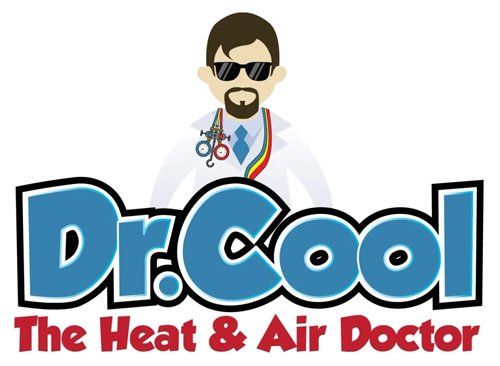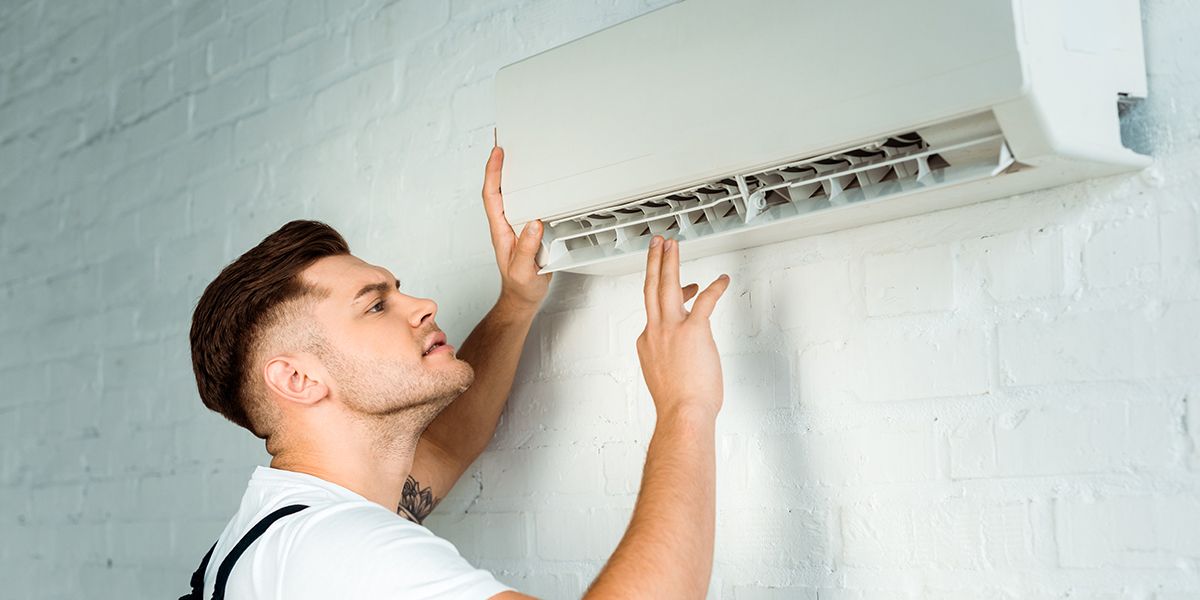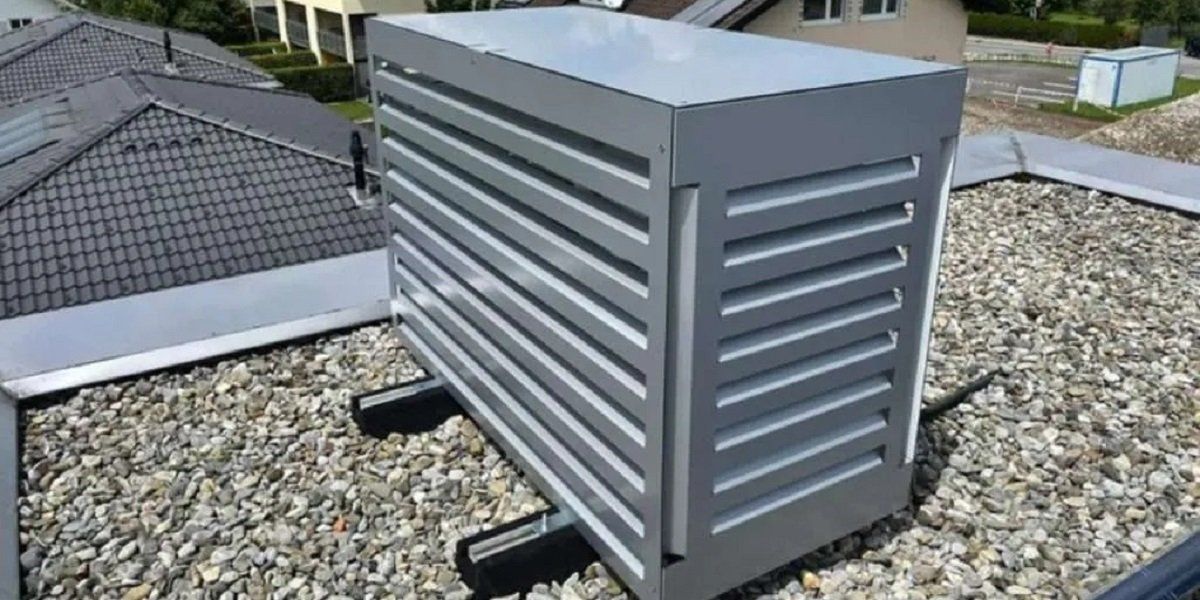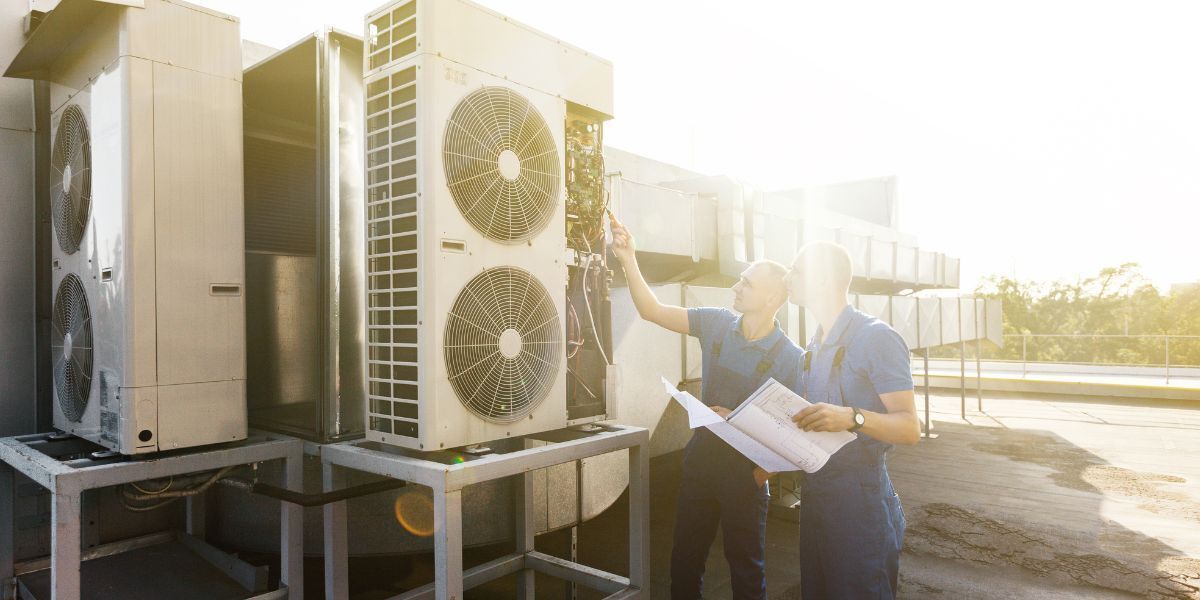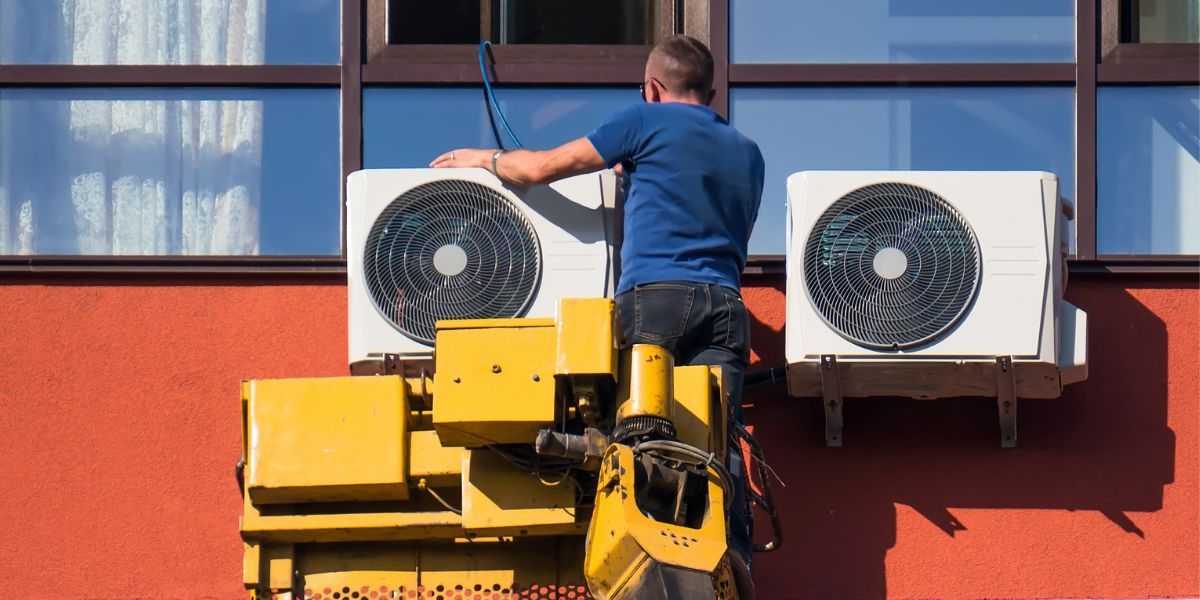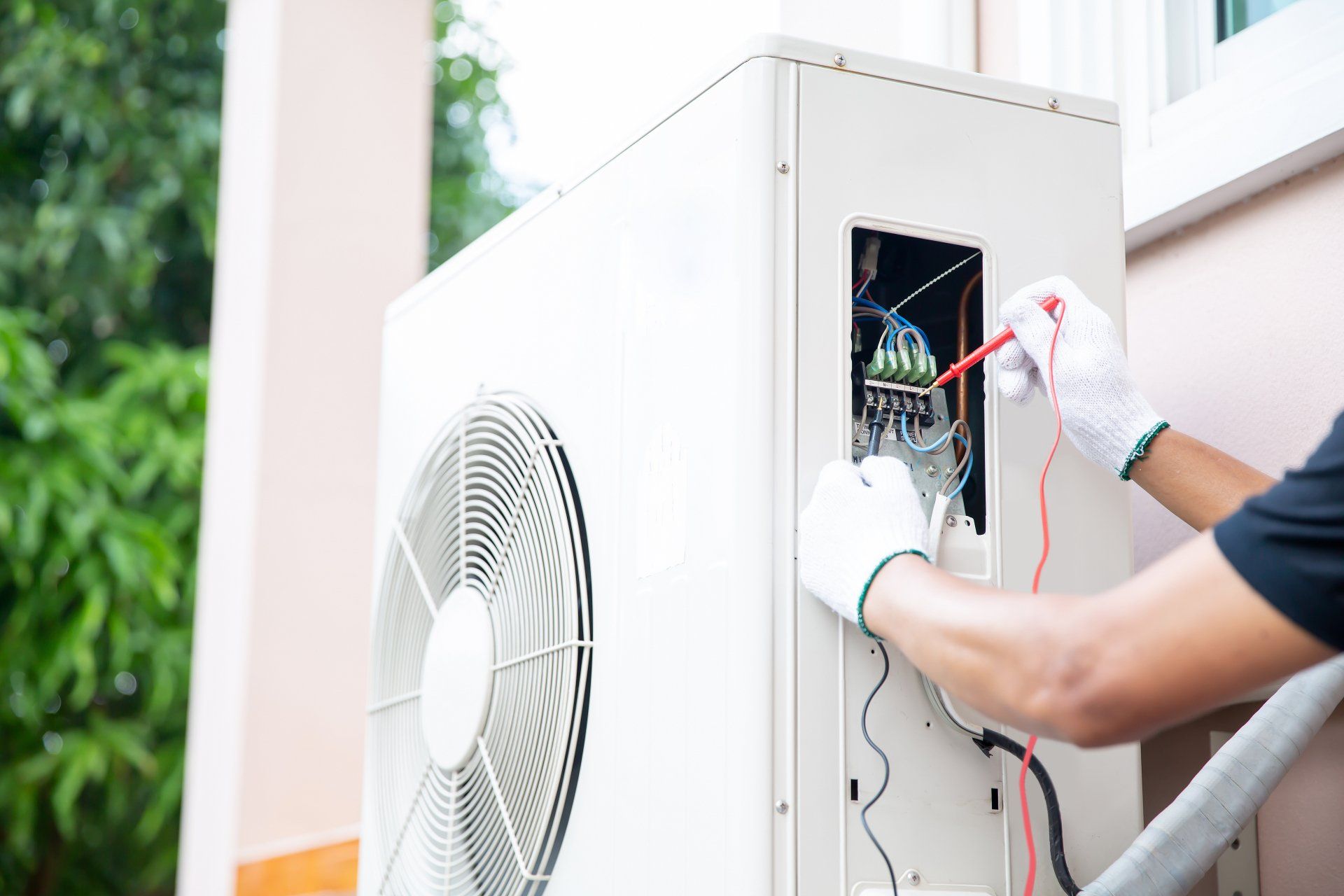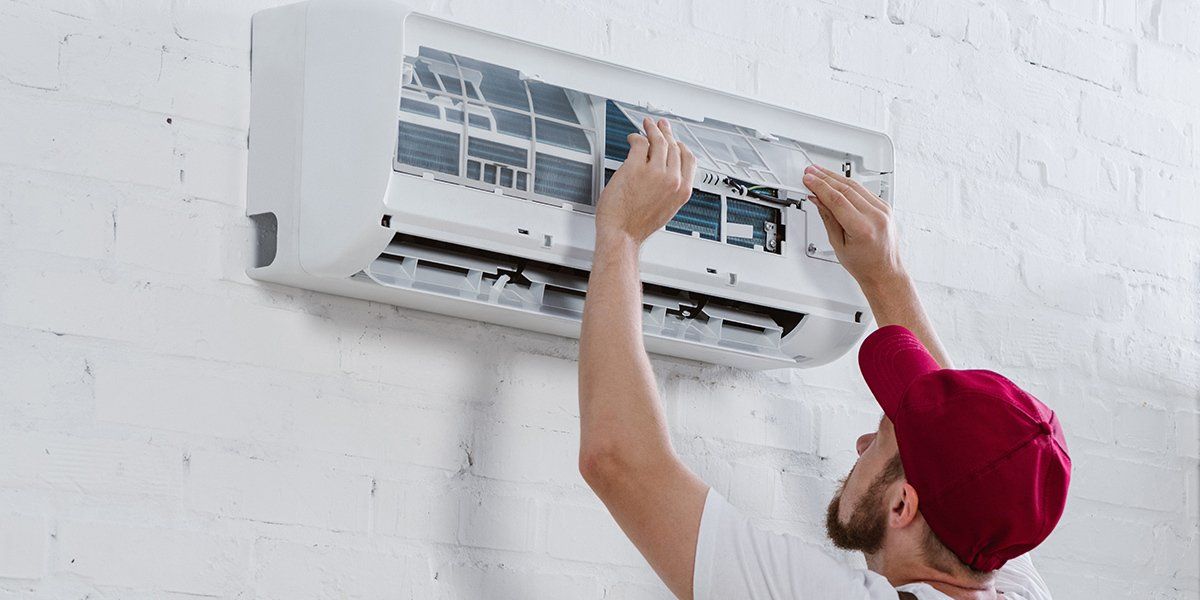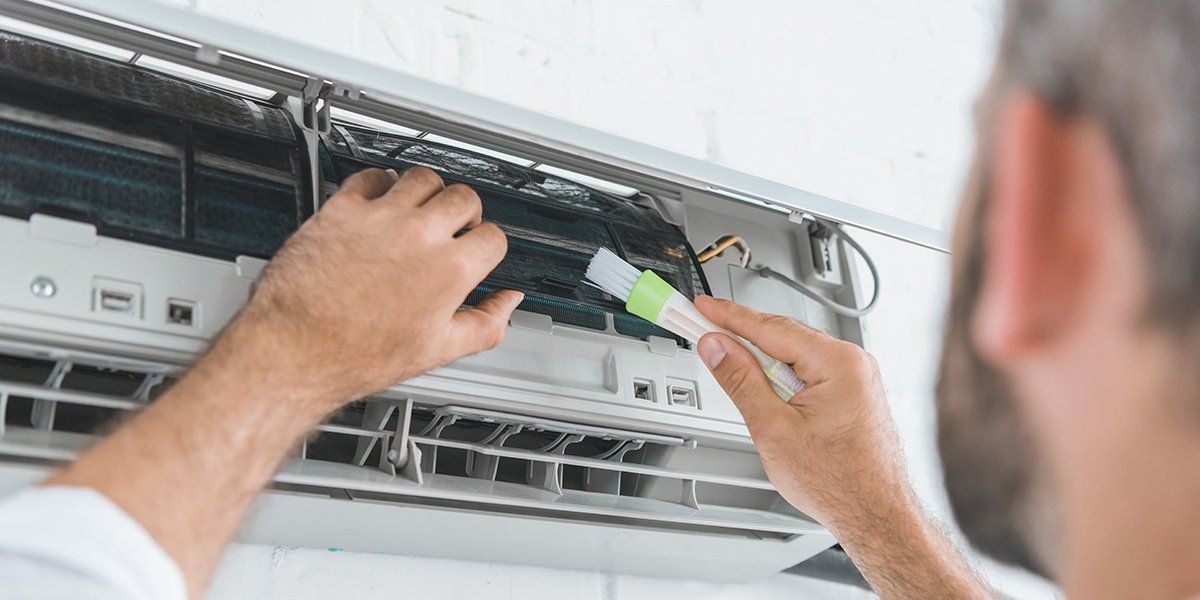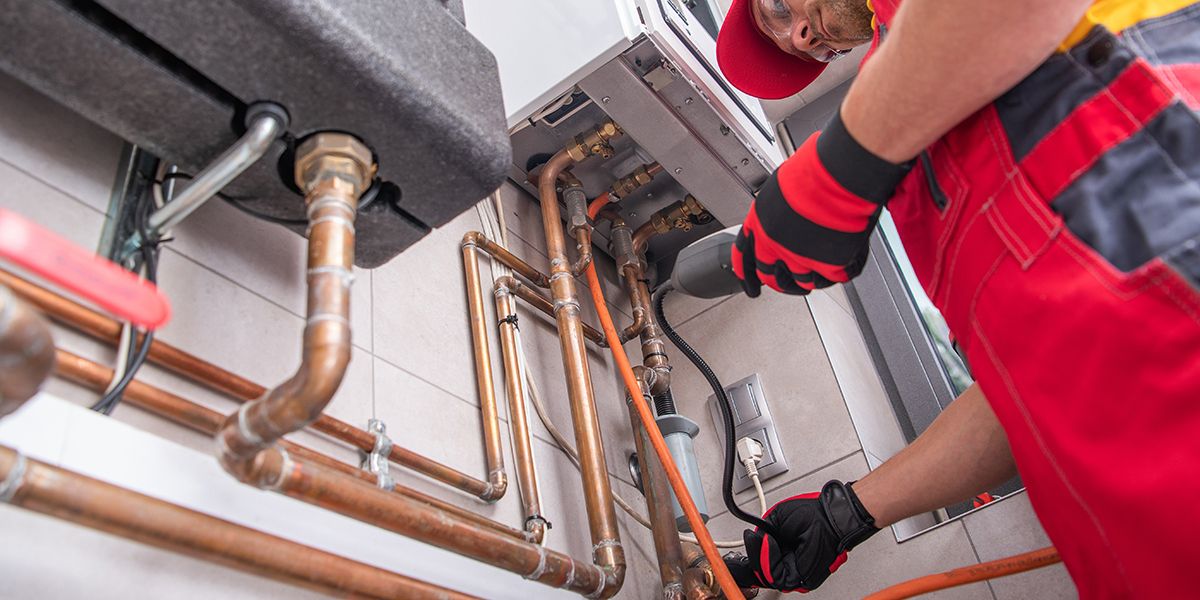What Is Freon, and Is It Important?
Air conditioning depends on chemicals called refrigerants. One of the most popular brands of refrigerants is Freon. The Chemours Company currently holds the trademark for Freon. So, instead of asking, “What is Freon?” a better question might be “What is the group of refrigerants that carries the Freon brand name?”
Dr. Cool, the Heat & Air Doctor, and his team of AC repair professionals in Columbia, SC, get many questions about Freon and other types of refrigerants, especially since the phasing out of Freon in 2020. We want to ensure that our customers understand the role of refrigerants and can make informed decisions about their air conditioning.
The History of Freon
Chemists at DuPont, together with General Motors, originally developed Freon to replace earlier refrigerants, such as ammonia. One of the most common types of Freon, dichlorofluoromethane, has the designation R-12. Other common refrigerants in air conditioning are R-22 and R-410a.
Manufacturers have used R-12, R-22, and other types of Freon in air conditioners and refrigerators and as propellants for aerosol products such as hair spray.
Characteristics of Freon
Freon is an effective refrigerant and propellant.
You might notice from the long chemical name, dichlorofluoromethane, that R-12 has chlorine, fluorine, and methane in its chemical structure. It belongs to a class of chemicals called chlorofluorocarbons, or CFCs. For decades, scientists have known that CFCs damage the earth’s ozone layer, among other environmental effects.
Freon has several properties that make it useful as a refrigerant.
- It does not react with other chemicals and remains stable within an air conditioning system.
- It converts easily into a gaseous form at a relatively low temperature.
- It does not catch fire.
- It does not smell bad and is not extremely toxic, although people should avoid contact with it.
Freon and Air Conditioning
One way to answer the question “What is Freon?” is to describe its role in air conditioning. The benefits of Freon become clear when you consider how refrigerant works in your air conditioner.
The goal of an air conditioner is to take heat from your home and convey it outside so that it can dissipate into the air a few feet away from your home. Freon works as a refrigerant because it absorbs heat when it turns into a gas and loses heat when it condenses into a liquid.
Refrigerant circulates through tubes between the evaporator coils inside the home and the condenser coils in the outdoor AC unit.
What Happens if Freon Levels Get Too Low?
The tubes containing refrigerant in home air conditioning units are airtight. Unless there is a leak, an air conditioner should not lose refrigerant. If your AC develops a leak, levels could drop to the point where the refrigerant cannot transfer heat efficiently.
Under low pressure, Freon might behave differently. It can evaporate too quickly, causing the evaporator coils to freeze, potentially damaging them. If refrigerant levels are too low, your AC will not be able to circulate cold air through your home.
Topping Off Freon
Regular air conditioner system maintenance extends its lifespan and keeps it running smoothly. During scheduled maintenance, the air conditioner technician will check the refrigerant levels, add refrigerant if needed, and fix the source of the leak.
The Environmental Effects of Freon
Freon leaks are more than just a drain on the efficiency of your air conditioner. They pose a risk to the environment as well. CFC refrigerants rise into the upper atmosphere and react with the ozone in the atmosphere, causing ozone depletion.
Ozone is an unstable molecule that consists of three oxygen molecules arranged in a triangle. When dangerous UVB light shines on our planet’s atmosphere, the ozone absorbs the light, preventing it from reaching us on the surface.
CFCs interrupt this natural process, allowing harmful ultraviolet radiation to get through. Increased UVB rays at ground level lead to skin cancer and other health problems for humans and animals.
The Phasing Out of CFCs in 2020
To protect the environment from CFCs, scientists and lawmakers have worked to limit and phase out the use of CFCs as propellants and refrigerants. In 1987, the world’s nations, including the United States, agreed to limit and phase out ozone-depleting substances, including CFCs. One provision of the Montreal Protocol is the phasing out of CFC Freon refrigerants by 2020.
As a result of the Montreal Protocol, new air conditioning systems won’t use CFCs as refrigerants. Healing the ozone layer saves millions of people from the increased risk of skin cancer. It also significantly changes the heating and cooling industry.
Alternatives to Freon
Chemists have developed alternatives to R-12, R-22, and other CFC refrigerants that are not toxic and do not contribute to the depletion of the ozone layer. One candidate for replacing older refrigerants is R-32, difluoromethane, which does not cause as much damage to the ozone layer as CFCs.
Upgrading Your Air Conditioning Unit
If you have an older air conditioning unit that uses a type of Freon as a refrigerant and still works, you don’t have to upgrade to a system that uses an alternative refrigerant. You can keep your old system. Just remember that manufacturers stopped producing new CFC refrigerants in 2020.
Throughout the 2020s, as supplies of older refrigerants dwindle, it might be harder or more expensive to top off Freon levels in older air conditioners. If your AC system is over ten years old, consider upgrading your system this year. Not only will it prevent you from worrying about finding Freon, but it will also save you money on energy bills.
Learn More About Freon and Refrigerants
We hope we’ve answered the questions, “What is Freon?” and “Why is Freon important for my air conditioner?” If you’re in the Columbia, SC, area and have questions about improving AC efficiency, enhancing AC performance, upgrading your air conditioner, or any other air conditioning questions, give us a call. You can reach an experienced AC technician from Dr. Cool, the Heat & Air Doctor, at
803-368-5500.
